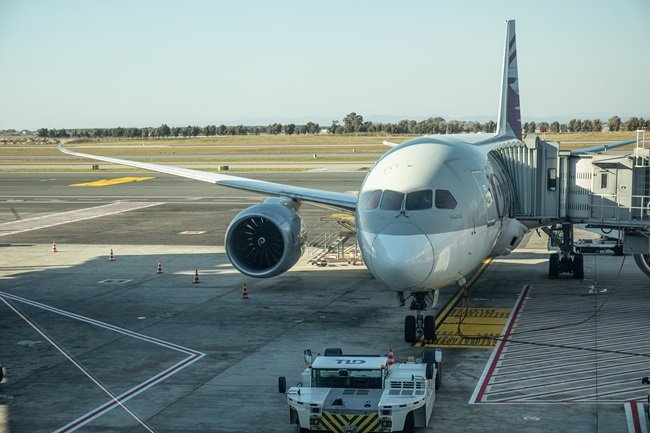
Network problems delay flights at two oneworld Alliance airlines
Published on December 27th, 2024
Introduction
In today’s interconnected world, airlines rely heavily on advanced technology to ensure smooth operations. However, when network failures occur, they can lead to widespread delays and disruptions. Recently, two airlines within the Oneworld Alliance faced significant network problems, causing delays across multiple flights. These issues not only created inconvenience for passengers but also shed light on the vulnerabilities of digital infrastructure in air travel. In this article, we explore the causes behind these network failures, the impact on passengers, and the steps taken to resolve the situation, while also reflecting on how airlines are preparing for future incidents.
The Impact of Network Problems on Airlines
Airlines rely heavily on network systems for various functions, from booking and ticketing to flight management and communications. When these systems fail or experience issues, the effects can be widespread. For the two airlines involved in the Oneworld Alliance, network outages led to delays in flight schedules, cancellations, and a backlog of passengers at airports.
Flight Delays and Cancellations
As a result of network issues, many flights were delayed, with some even being canceled. Passengers were left stranded at airports, struggling to find information about their new flight times or alternative arrangements. The delays not only caused inconvenience for travelers but also impacted the airlines’ ability to manage flight operations efficiently.
Disrupted Operations and Passenger Services
Network outages also disrupted the airlines’ ability to provide timely updates to passengers. Check-in processes, baggage handling, and gate management systems were affected, creating confusion and long lines at airports. Many travelers reported difficulties in accessing their booking information, which further amplified frustration.
The Role of the Oneworld Alliance in Minimizing Impact
The Oneworld Alliance is a global network of airlines that work together to provide passengers with seamless travel experiences. During this incident, Oneworld member airlines, including the two affected carriers, took immediate steps to support each other and mitigate the disruption.
Coordinated Efforts to Assist Passengers
In response to the delays, Oneworld airlines coordinated efforts to assist passengers. This included rebooking travelers on flights with other carriers within the alliance and providing accommodations for those affected by overnight delays. The collaboration between airlines ensured that passengers had access to alternate routes and timely support during the crisis.
Communication with Passengers
The airlines involved communicated with passengers as quickly as possible, offering updates via email, mobile apps, and airport information screens. They also worked to provide compensation, such as meal vouchers and travel credits, to passengers who were affected by the delays.
Steps Taken to Resolve the Network Issues
Once the network issues were identified, the affected airlines took several steps to address and resolve the problem.
Technical Support and Troubleshooting
The airlines’ IT teams, along with external experts, worked to restore the network systems and identify the root cause of the issue. This involved troubleshooting various systems, from booking databases to flight scheduling platforms, to restore normal operations.
Upgrades to Digital Infrastructure
To prevent similar issues in the future, the airlines are likely to invest in upgrades to their digital infrastructure. This includes enhancing the reliability of their network systems and implementing redundancies to ensure that critical systems remain operational, even if one component fails.
Conclusion
The network problems that led to flight delays at two Oneworld Alliance airlines serve as a reminder of the critical role that digital infrastructure plays in the aviation industry. While the disruptions were frustrating for passengers, the prompt and coordinated response from the airlines, coupled with the support of the Oneworld Alliance, helped minimize the overall impact. Moving forward, the affected airlines will likely invest in improving their technology to prevent similar issues and provide more reliable service for passengers. As the airline industry becomes increasingly reliant on technology, the ability to adapt to and resolve such issues quickly will be essential to maintaining customer satisfaction and operational efficiency.
